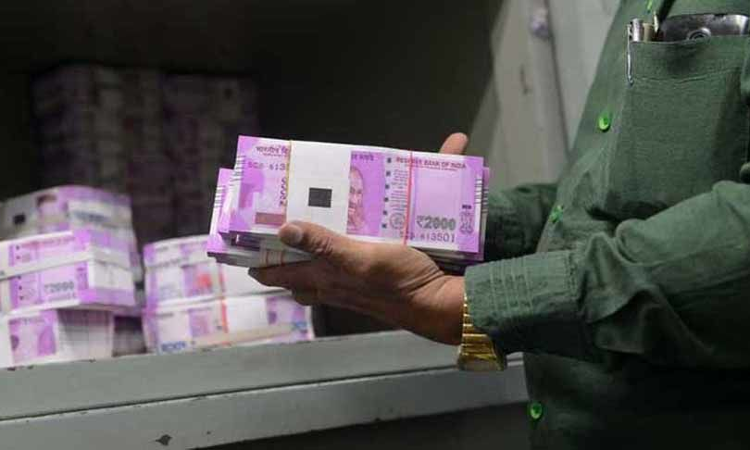The Concept Of 'Continuing Offence' Under Prevention Of Money Laundering Act
Bhaskar Kumar
11 Sept 2019 11:29 AM IST

Next Story
11 Sept 2019 11:29 AM IST
The provisions of Prevention of Money laundering act again caught attention when AM Singhavi argued that the act is being retrospectively applied in case of Mr. P. Chidambaram. Dr. Singhavi asserted that Mr. Chidambaram cannot be tried for an offence which was not a 'scheduled offence' under PMLA in 2007. However Solicitor general Tushar Mehta contended that the nature of offence...
